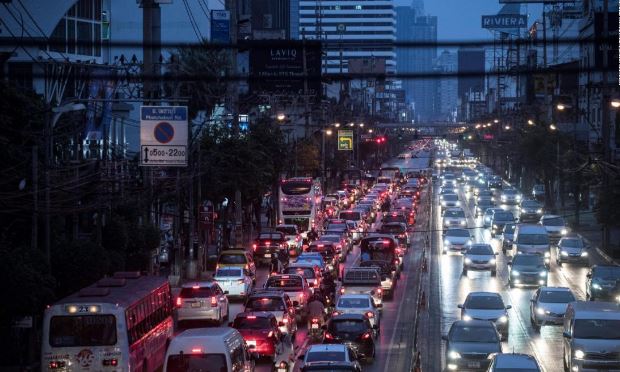We have all heard horror stories and seen enough movies to know that getting locked out of your car can be dangerous. If you are alone and in unfamiliar territory, it can be unnerving. It is a reality that there are many criminal elements out there who rise to any opportunity they see to execute illegal activities. Thus, you should not take your security lightly if you are locked out of your vehicle. It is also in your best interest to get a car key replacement service as soon as you can from professionals. You can be sure that you have the right people handling the job, and you get your car keys replaced by experts.

There are many reasons you could get locked out of your car. While you may think that misplacing your keys or accidentally leaving them inside your vehicle is careless, it does happen. The important thing is that you know what to do when it does. You need protection for car and your life. This is not to say that anywhere can be dangerous. It is just to remind you that crimes can happen anywhere, and you can avoid being a victim by following a few safety tips.
Always keep a spare key ready
Having a spare car key will keep you from getting locked out of your car. This key will be used during emergencies and save you from car lockout problems. You need not keep it on your person as you could misplace it too. The spare key can be kept in the vehicle’s undercarriage, inside a box, and attached securely. During a car lockout situation, you can get your spare and be in your vehicle immediately. Don’t forget to return the spare for any future incidents.
Don’t panic
When you get locked out of your vehicle, especially at night, keep calm. Panicking because you are alone in a strange place is not helpful and will get you nowhere near solving your problem. Instead, focus on what you need to do to stay safe while you call for help. Your car is locked, making it more protected. You are outside, so you need to secure your position better. Be aware of your surroundings, not only to assess the safety of the area but to also direct help to the right place. Find a landmark so that the help coming will find the location quickly. At the same time, advise the car locksmith such as keyworx Auto Locksmiths you called that you are alone. When you do that, they will know that you are a priority and will do their best to get to you in the quickest possible time.
Look for a well-lit area to wait
While waiting, it is best to leave your vehicle and find any places nearby that are open for business. There may be a couple of restaurants around the area or a gasoline station. These are the places where you can feel safer because of the people there. While you don’t have to get acquainted with strangers (for safety reasons too), it is good to know that you are not alone. If you are unable to find any business establishment, look for any area that is well-lit, such as from street lights. If you happen to have got locked out in a parking lot, stay wherever there is light. Contrary to belief, staying hidden under the cover of darkness to stay out of the view of a criminal is not safe. If no one can see you, anything can happen, and you can’t get help. It is better to stay where there is light and wait for your car locksmith there.
Call a family member or friend
After getting in touch with a car locksmith and providing directions, you should get in touch with a family member or a friend. Let them know your predicament and what you are doing to solve it. Tell them your exact location so they know where you are. Talking to someone is also an excellent way to keep you relaxed. It is good to know that you are talking to someone familiar, and they can provide you with the company you need. If you can, keep them on the line until your car locksmith is in your location. Keep them posted after you are in the car and on your way.
Car lockouts can happen anytime, and it is always better to be safe than sorry. Keep these tips in mind to protect yourself.



